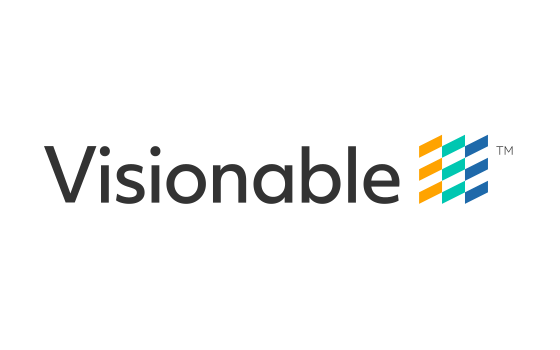 Visionable, the rapidly expanding British health technology company focused on health system redesign, is extending its Connected Ambulance offering after receiving a £500,000 Smart Grant from Innovate UK, the UK's innovation agency.
Visionable, the rapidly expanding British health technology company focused on health system redesign, is extending its Connected Ambulance offering after receiving a £500,000 Smart Grant from Innovate UK, the UK's innovation agency.
Connected Ambulance is an advanced communications system developed by Visionable which leverages 5G technology to connect ambulance paramedics and patients with specialist medical experts wherever they are located, through secure and reliable video conferencing. Utilising encrypted high-speed data and clinical grade images, Visionable is enabling on-the-spot and accurate diagnosis of patients whilst significantly reducing treatment times and improving patient outcomes.
Visionable CEO, Alan Lowe, commented, "The Innovate UK grant is invaluable in allowing us to further develop Connected Ambulances and press ahead with the rollout throughout the UK. This is a milestone moment for the company, and we are delighted it will further cement our position as one of the leading firms globally which is powering the future of emergency response. By bringing specialist care directly into ambulances via our technology, diagnosis and treatment is accelerated which leads to improved recovery and outcomes, particularly following life-threatening events such as stroke. The result of better treatment for patients, and reduction of time in hospitals and rehabilitation periods all translate to easing the burden on healthcare systems."
The funding from Innovate UK will be used to develop proprietary wearable devices for paramedics which allow them to live stream clinical consultations remotely while they are on site treating patients. There will also be further improvements to in-ambulance telemedicine capabilities. This includes the digitizing of onboard ambulance medical devices such as ECG Monitors to feed data and images to the Ambulance Command Centres and Remote Specialists in a bid to further streamline patient treatment and deliver essential healthcare on site and on route to hospital.
As governments worldwide look to improve the efficiency of their emergency services, to control costs and to embrace technology to further expand access to healthcare, a shift to a model of 'See & Treat' at the scene, in particular, will enhance efficiency and streamline deployment of medical resources. NHS England estimates that over £300m could be saved annually if unnecessary ambulance callouts and A&E visits are cut in half.
This latest grant follows £17 million of investment that Visionable has raised so far in Series A and Series A1 funding rounds, required to accommodate rapidly accelerating demand for Visionable's technology from the NHS and private healthcare providers.
About Visionable
Visionable is a healthcare technology company, established in 2015, that provides a digital collaboration platform for clinicians to deliver better patient care. Designed by founders who have worked within the NHS and who continue to partner closely with NHS clinicians, the platform has been created to develop fit-for-purpose digital care pathways and virtual care consultations. Used by NHS hospitals and Trusts, Visionable has delivered and improved patient flow, facilitated quicker decision making and improved patient experience across multiple care settings and specialities such as stroke. This extends to patient consultations, remote diagnostics, telehealth solutions, multidisciplinary teams, virtual visits, and critical patient services.
About Innovate UK
Innovate UK drives productivity and economic growth by supporting businesses to develop and realise the potential of new ideas. The UK’s innovation company connects businesses to the partners, customers and investors that can help them turn ideas into commercially successful products and services and to assist with business growth.